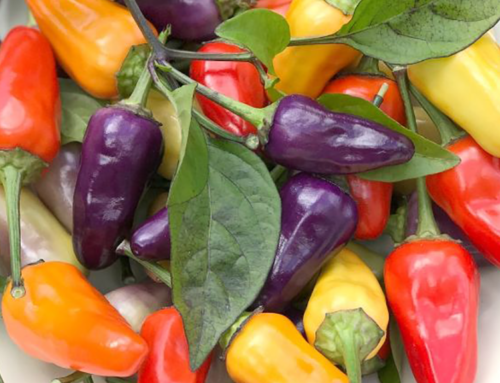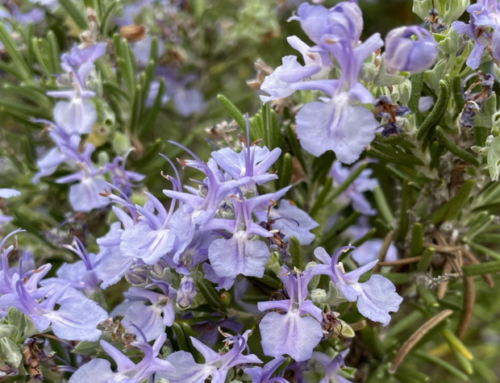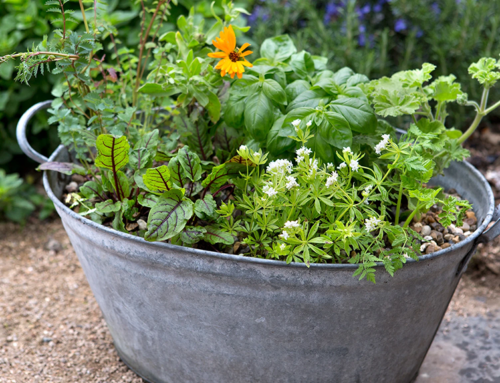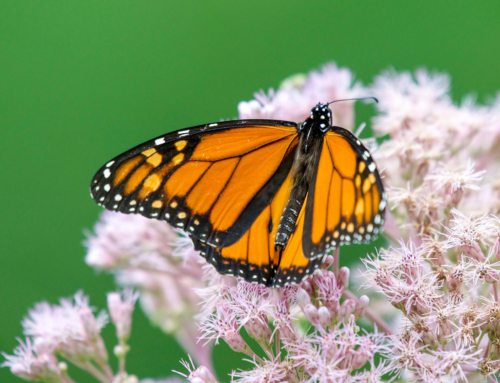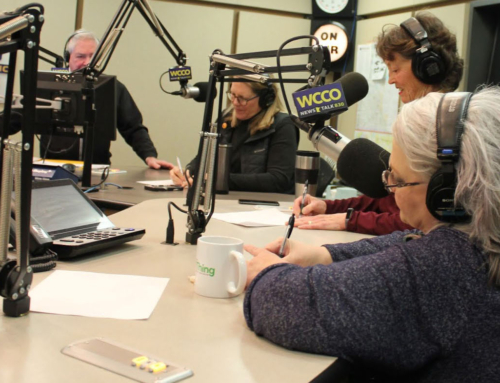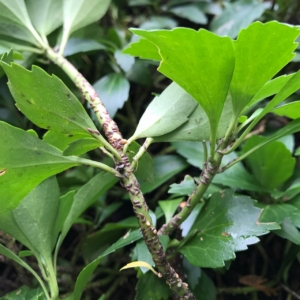 Have you found scale insects on your pachysandra or magnolia tree? While these are two very different plants learning about both provides an opportunity to refresh your knowledge of scale insects. Awareness of which scales can impact your plants throughout the growing season can help you identify issues and prepare for the right time in their lifecycle for control and treatment.
Have you found scale insects on your pachysandra or magnolia tree? While these are two very different plants learning about both provides an opportunity to refresh your knowledge of scale insects. Awareness of which scales can impact your plants throughout the growing season can help you identify issues and prepare for the right time in their lifecycle for control and treatment.
Control is typically focused on the immature scales since the waxy covering on the adults provide protection from treatment. The focus of control is during the crawler stage when the scale is on the move to a feeding site to settle down to feeding, or the overwintering stage. Since the lifecycle of the crawlers will vary by species it is important to correctly identify the scale and plan treatment around the lifecycle. Even if the plant dies for the season the stage of the scale that overwinters will live on to become an issue the following year.
Scale being seen on pachysandra should be identified first in order to determine the stage of the scale and how to mitigate the damage. There is both an armored scale and a soft scale that can commonly be found on pachysandra. The link below specifically referring to pachysandra – with some helpful tips on identification.
https://www.mortonarb.org/trees-plants/tree-and-plant-advice/help-pests/scale-insects
Magnolia scale is more specifically addressed on the U of MN site below- both identification and protection. This site also has a very good overview of scale insects. Magnolia scale (Neolecanium cornuparvum) is specifically listed under the soft scale section on deciduous trees drawer on the site. In a typical year, nymphs would be maturing now and crawlers will begin to hatch soon.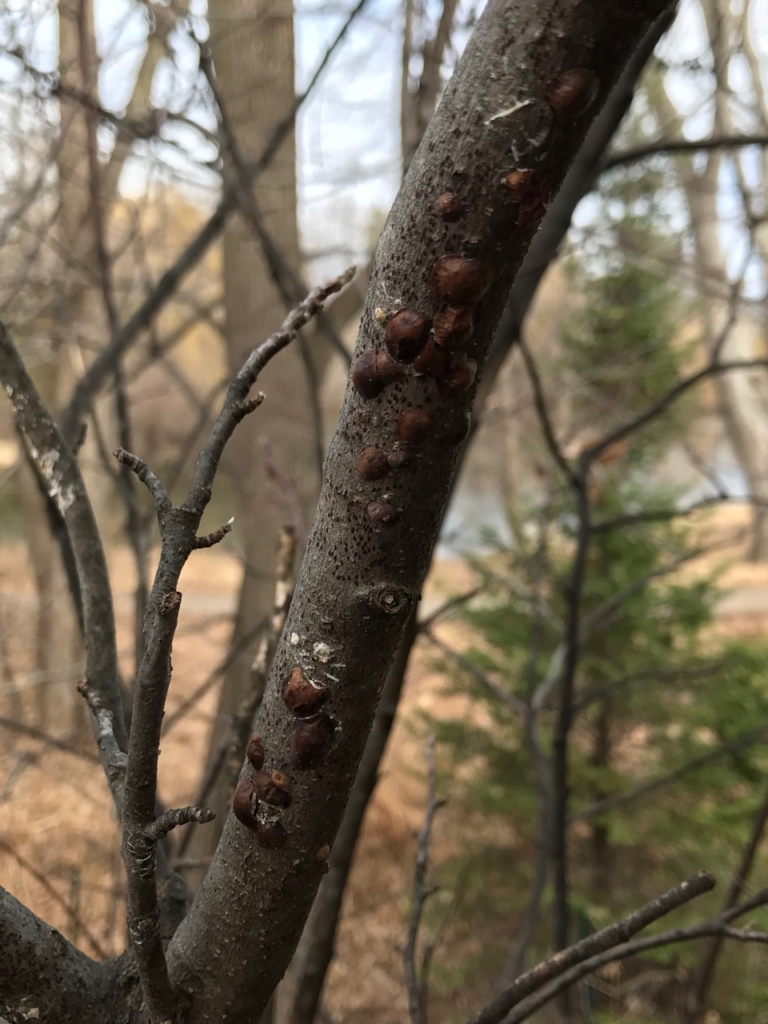
https://extension.umn.edu/yard-and-garden-insects/scale-insects
Because they blend in with the bark and leaves of plants, and usually do not move around, you may need to look closely to discover scale insects. So if you notice plant, shrub, or tree health decline make sure to consider this pest.
By Beth Beck, Hennepin County Master Gardener volunteer
